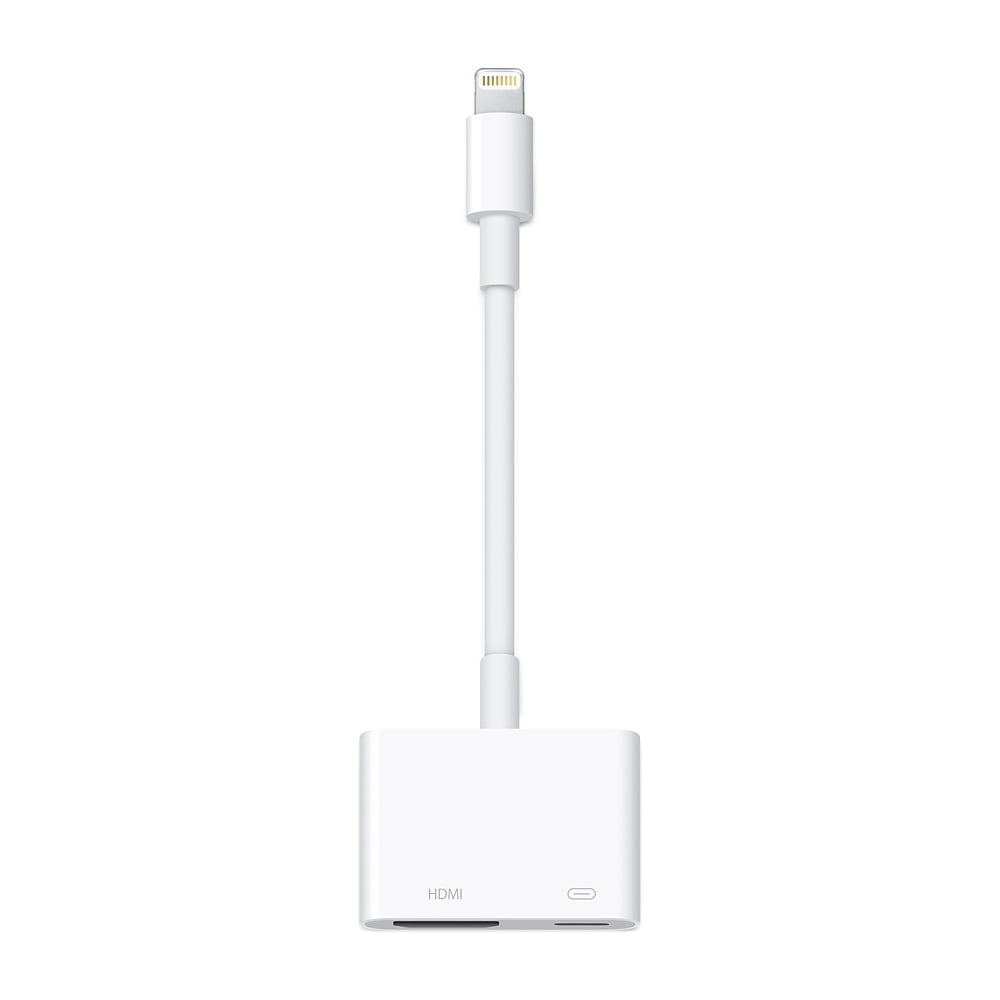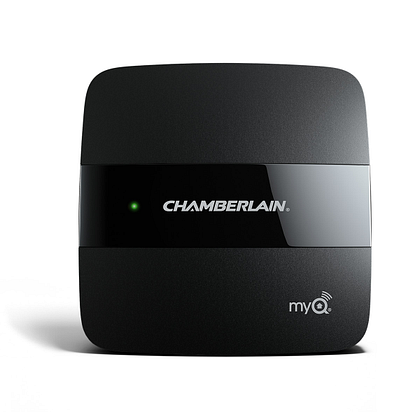Google Home Mini – Chalk
Gives you the functionality of Google in your home. Ask it questions or tell it to do things to tackle your everyday tasks, enjoy music and entertainment. Google Home chalk customizes to you by recognizing your voice.
Get hands-free help in any room with Google Home Mini Chalk. It’s powered by Google Assistant so you can ask it questions or tell it to do things. This Google Home chalk is your own personal Google. Just start with “Hey Google” to get answers from Google, tackle your day and enjoy music and entertainment. This Google Mini chalk will help you to control your smart home or entertain the family. And when you ask for help, it can tell your voice from others for a more personalized experience. Google Home Mini Chalk works on its own or you can have a few around the house, giving you the power of Google throughout your space.
Google Home Mini Chalk:
- Gives you the functionality of Google in your home
- Ask it questions or tell it to do things to tackle your everyday tasks, enjoy music and entertainment
- Google Home chalk customizes to you by recognizing your voice
- Can work on its own or you can have several around the house
- Colors of this Google Mini chalk: aqua, chalk, charcoal and coral
Additional information
| Manufacturer Part Number | GA00210-US |
|---|---|
| Model | VIPRB-GA00210-US |
| Assembled Product Weight | 1.1 lbs |
| Assembled Product Dimensions (L x W x H) | 1.10 x 1.10 x 1.10 Inches |











by Kendra
Excellent product that I bought for my mom and dad. My mom is not very technologically inclined and has no problems using it. I think it’s a great staple to a home or an excellent gift.
by Bridget
Totally prefer over Alexa. It is a great product and i have one in every room of my house now!
by Dania
The google home pod mini is a great in home device. I have had this for a few months now and it still seems to be working fine. I have one issue though. After a while of owning this (and one other google home pod mini) there seems to be little holes in the netting. They are still very small and hardly noticeable. The google homepod mini also disconnects from the google home app. If these things were fixed it would definitely be a 5 star item.
by Sassie
it’s a Google product so I like it.
by Pill
It works great and for a great price, too!